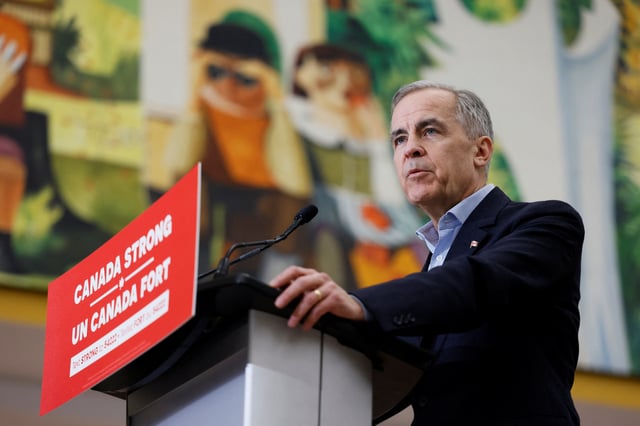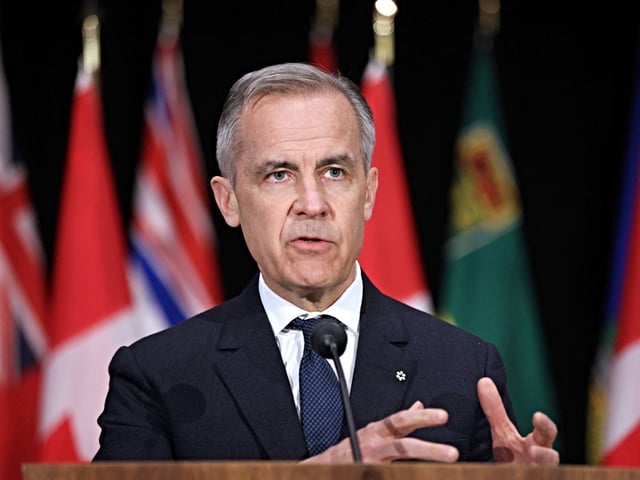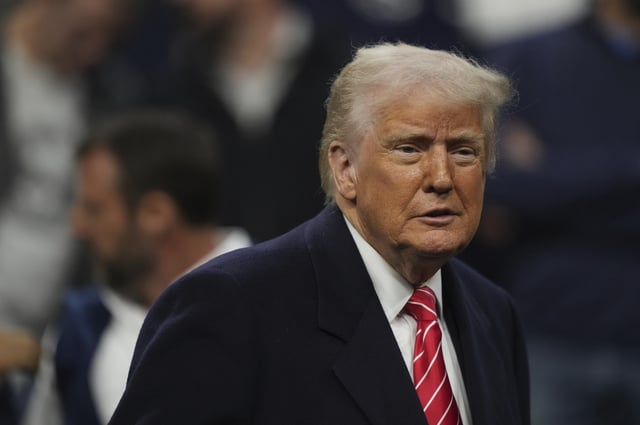Overview
- Prime Minister Mark Carney, who recently replaced Justin Trudeau, has called a snap election for April 28, citing the need for a strong mandate to confront U.S. President Donald Trump’s tariffs and sovereignty threats.
- Trump has imposed 25% tariffs on Canadian steel and aluminum and plans additional tariffs on all Canadian goods starting April 2, further straining relations between the two nations.
- Carney has positioned himself as the leader who can stand firm against Trump, while Conservative leader Pierre Poilievre seeks to distance himself from Trump, despite being labeled 'Canadian Trump' by opponents.
- The election campaign has seen a surge in Canadian nationalism, boosting the Liberals in the polls after months of decline under Trudeau’s leadership.
- The outcome of the election will determine Canada’s approach to managing its economic and political sovereignty in the face of unprecedented challenges from the U.S.



